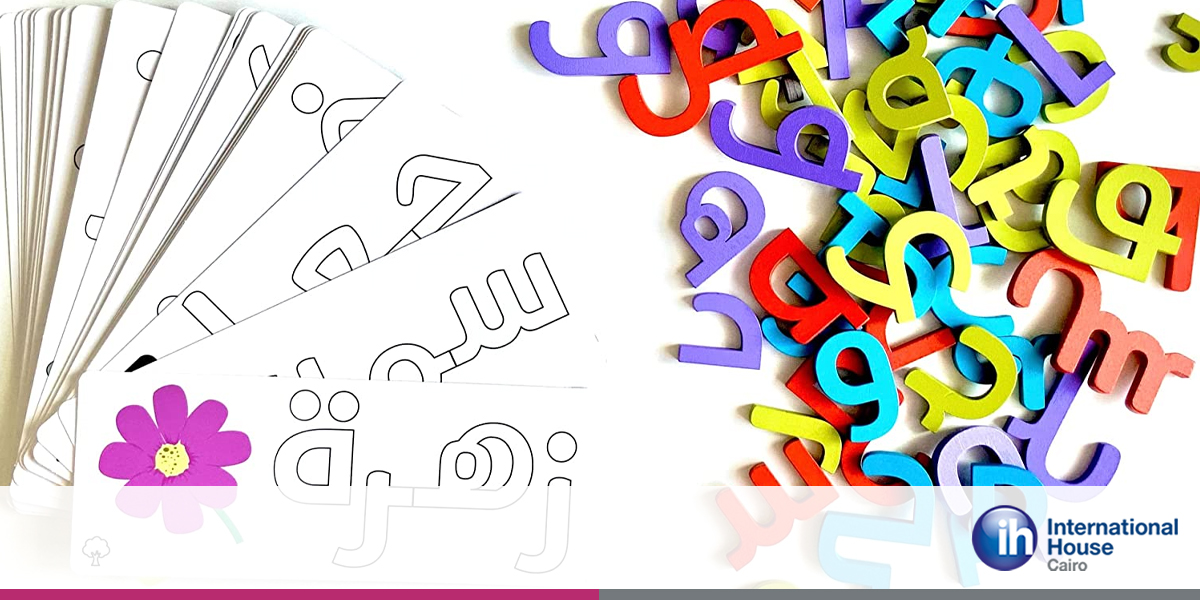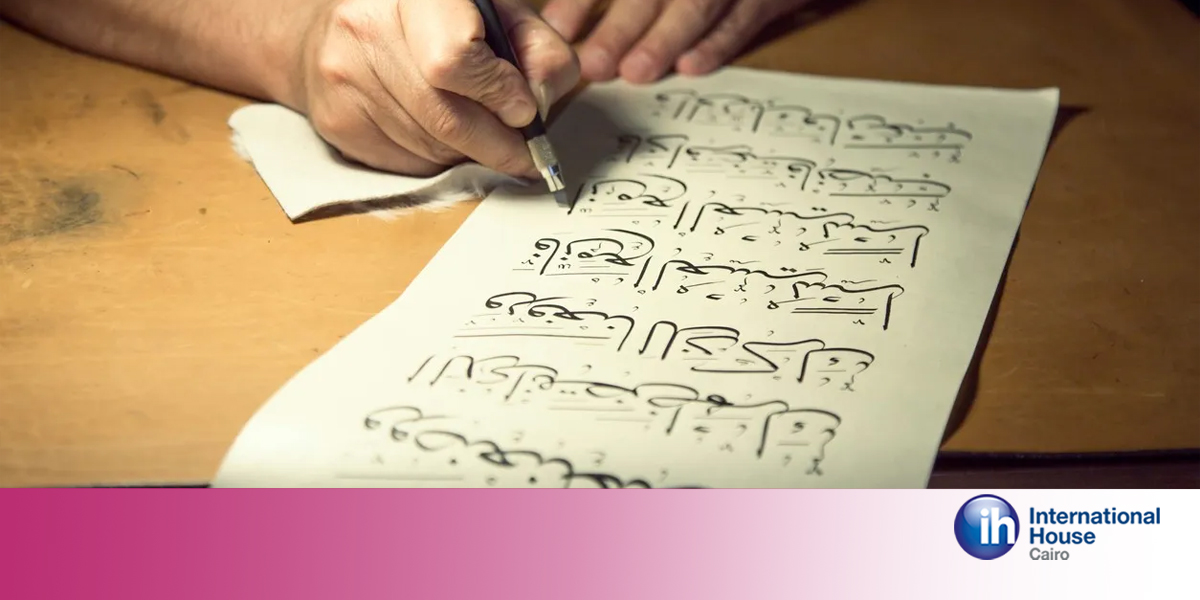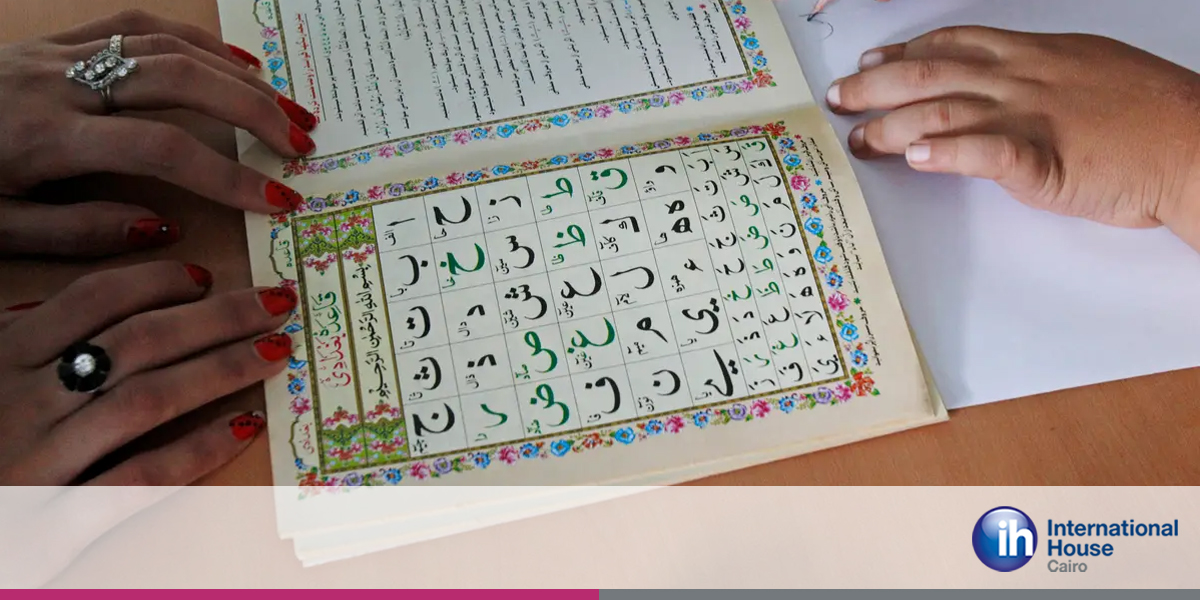Modern Standard Arabic (MSA) and the dialects of every Arab country are not really the same thing. While you will need Standard Arabic for official settings and academic purposes, you will need Arabic dialects in order to communicate with the people of the Arabic-speaking world and get close to their culture.
In this article, you will learn interesting reasons why you should try to learn both.
Overview of Standard Arabic and Dialects
The MSA is the official language and the language in which you will be studying and taking exams if you are studying anything in Arabic. On the other hand, the dialects of each country vary and sometimes vary dramatically.
Why Learn Standard Arabic and a Dialect at the Same Time
1. The Ability to Communicate in Multiple Contexts
Communication without the basic knowledge of that dialect will be really hard. At the time people will be able to understand you well if you speak in Standard Arabic, you probably wouldn’t be able to understand them back if they speak to you in their dialects.
At the same time, you probably don’t want to miss the chance of understanding the academic settings and people on the news. So, a little bit of both might be the right strategy for your Arabic learning journey.
And while there are so many popular dialects in the Middle East, the Egyptian dialect (ECA) still is the most popular of them all.
All Arabic speakers around the Middle East are able to understand it very well and communicate with it. In that case, you will find IH Cairo’s MSA and ECA combined course providing the right combination between Egyptian dialect and Standard Arabic.
2. A Deeper Understanding of the Language
As we have mentioned before about Arabic languages, each has a communicative characteristic that is hard to be found in the other.
Learning Standard Arabic and an Arabic dialect, especially Egyptian Arabic, at the same time can give you a deeper insight into Arab culture as well as enjoy a unique experience of language immersion. Such immersion in Arabic languages will expose you to deeper levels of understanding of the Arab world.
3. More Career Opportunities
We have to agree that learning the MSA will give you even better career opportunities, but what would make you even more qualified for a certain job can be a matter of communication as well.
A matter of whether are you able to communicate sufficiently with the locals or not. And other times you will need a deeper understanding of the used language around you in order to deliver your job better. Native speakers are mostly patient and when they realize that someone is learning the Arabic language they tend to be more patient and speak more slowly.
Speak Arabic Fluently with IH Cairo Arabic Courses!
Arabic is the sixth most spoken language in the world with 420 million people around the world speaking the language.
Which Dialect Is Best to Learn Alongside MSA?
Egyptian Arabic is the most popular regional dialect and one you can constantly find a wide range of entertainment media in it.
It’s used more in everyday lives in the Arab world. And it’s an inseparable part of the Arab culture, you can be in any Arab country and start talking about famous Egyptian figures to find all the people around you engaging in the conversation.
All Arabic-speaking countries are familiar with famous actors, singers, and football players who solely use Egyptian Arabic.
Tips for Balancing the Study of Both MSA and a Dialect
You have to set your goal first about learning what you think you will need more and based on that goal, you can start exploring your options, such as selecting an Arabic course of a certain type, and exploring the media of different things like TV series in Egyptian Arabic, for example. Start talking to Arabic people to learn more about their Arabic country dialect and their Arabic culture in general.
The Arabic-speaking world can be something very wide. That’s why you should do some research about what and why you’re learning Arabic forms in order to get to an advanced level and be able to communicate in formal settings as well as to handle daily life conversations.
Benefits of Simultaneously Learning MSA and a Dialect like ECA
You will need something to communicate in a certain setting and other things to communicate in other settings.
So, you will need to be aware of the rules of both as a language learner your goal will always be to communicate with the native language, and in Arabic case, the native language has several variables. The standard language may seem a lot different than some dialects, and in some cases, it might seem like a foreign language.
You will need an Arabic dialect such as Egyptian Arabic to talk to taxi drivers and grocery stores as well as you will need to be able to pass the exam in modern standard Arabic.
Frequently Asked Questions (FAQs)
No, you don’t have to in general. But also the answer to that questions depends on your personal goal and plan. The safe side in that matter would be learning a popular dialect like the Egyptian Colloquial Arabic (ECA) while you learn the grammatical rules of Modern Standard Arabic (MSA).
Also, you can simply save yourself the trouble by enrolling yourself in one of the IH Cairo Arabic courses that focus on both at the same time.
When it comes to Arabic languages, there’s no one size fits all approach. It depends on your motives and personal preferences. Some Arabic learners find Standard Arabic easier to learn and others prefer Egyptian Arabic.
In all cases, Arabic learners find learning standard Arabic and Egyptian Arabic at the same time a gateway to getting the best of both worlds.
Although the Moroccan culture can have many similarities with the rest of the Arab cultures, the Moroccan dialect isn’t easily understood by Arabic native speakers.
In fact, one of the main reasons why the Moroccan dialect is considered difficult to learn is that it’s totally different from Standard Arabic and other regional dialects such as Egyptian Arabic.
Improve your Arabic faster with IH Cairo!
We provide well-designed materials and qualified teachers who can simplify the language for you to make visible progress in a short time.





